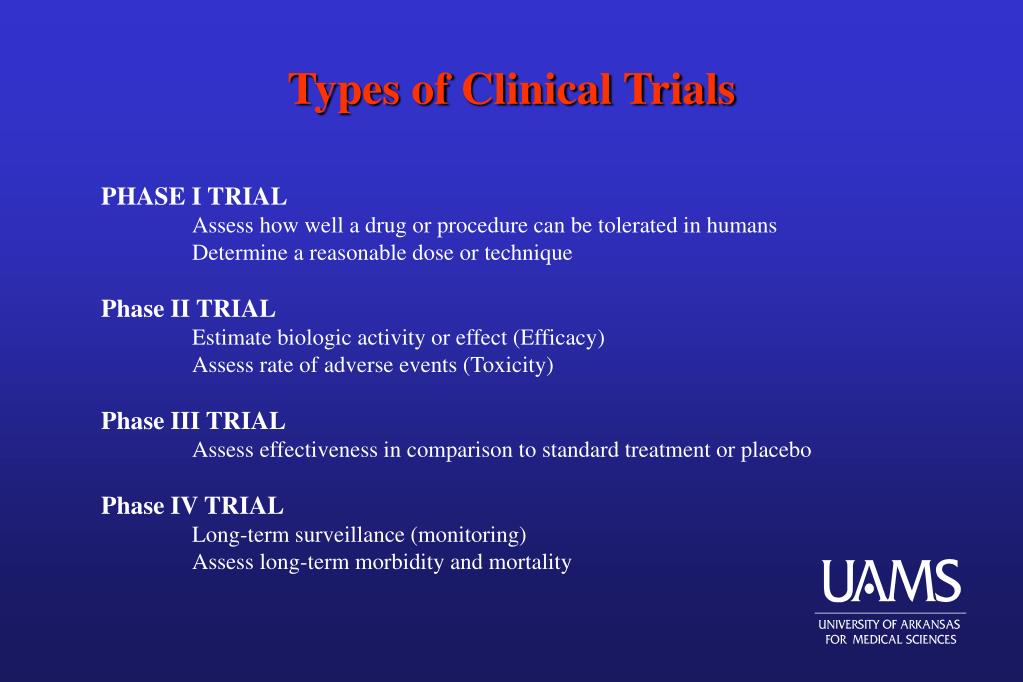

The authors recommend Robert Yin’s textbook “Case Study Research and Applications: Design and Methods” for a full exploration of the theoretical foundations of the case study methodology. This protocol allows researchers to apply a common approach and generate comparable insights. This article fills this gap by providing a specific protocol for conducting case studies to evaluate the translational research processes underlying the development of successful health interventions. Ī systematic translational science case study approach is currently lacking. In addition, researchers who study the key processes and outcomes of scientific endeavors are continually refining frameworks for assessing scientific research impact.

Case studies frequently are used as tools for research evaluation because they provide a rigorous way to explain understudied practices, and they are an effective mechanism for identifying long-term outcomes of scientific research. To systematically assess the complex translational process, several promising formative and summative research evaluation approaches, including quantitative, qualitative, and mixed methodologies, have been developed in recent years. While the translational process is not linear, several distinct phases of research are typically operationalized, for example, basic, preclinical, clinical, clinical implementation, and public health research, with critical translation efforts required to move knowledge between each phase.

The science of translational science seeks to understand the scientific and operational principles underlying each step of the translational research process. Case studies are effective communication vehicles to demonstrate both accountability and the impacts of the public’s investment in research. This approach, an application of the “science of translational science,” will lead to a better understanding of key research process markers, timelines, and potential points of leverage for intervention that may help facilitate decisions, processes, and policies to speed the sustainable translational process. The goal of disseminating this protocol is to systematize a rigorous approach, which can enhance reproducibility, promote the development of a large collection of comparable studies, and enable cross-case analyses. The case study approach isolates many of the key factors that enable the successful translation of research into practice and provides compelling evidence connecting the intervention to measurable changes in health and medical practice, public health outcomes, and other broader societal impacts. An overarching goal of these case studies is to describe systematically the chain of events between basic, fundamental scientific discoveries and the adoption of evidence-based health applications, including description of varied, long-term impacts. We describe a mixed-method case study protocol for analyzing translational research that has led to the successful development and implementation of innovative health interventions. The critical processes driving successful research translation remain understudied.


 0 kommentar(er)
0 kommentar(er)
